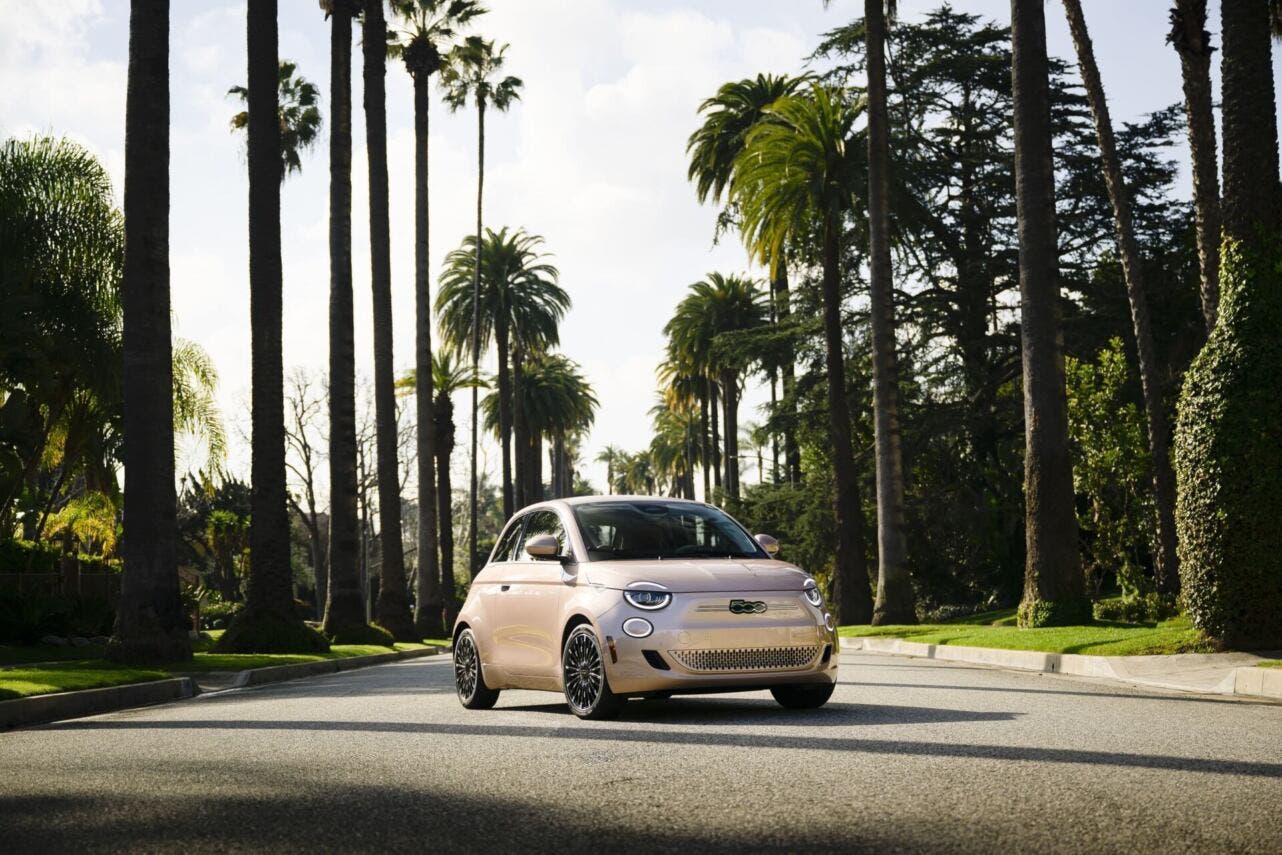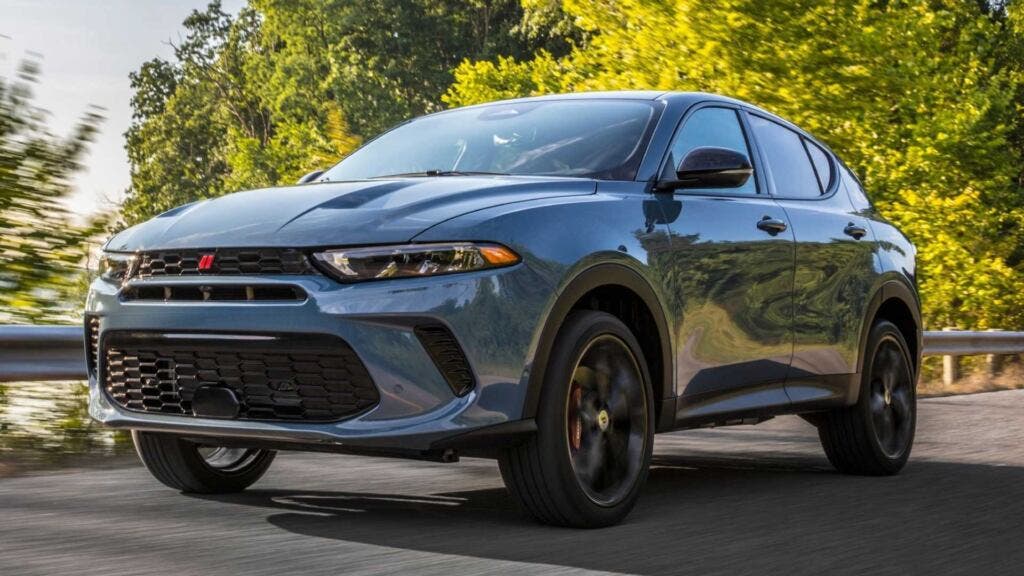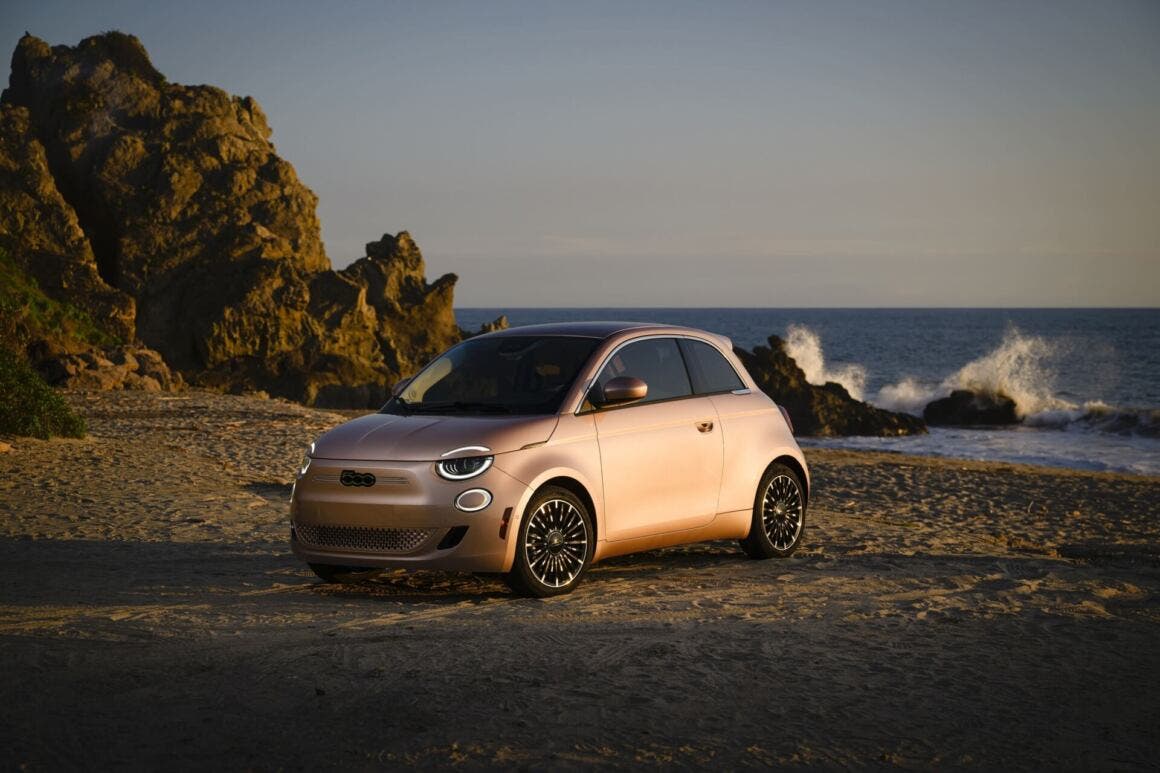The Fiat 500e debuted a few months ago in the competitive U.S. electric vehicle market. Sales have disappointed expectations, making it one of the slowest-selling cars in the market. The difficulties are attributed to its limited range and slower charging compared to more recent models like the Tesla Model 3 and Hyundai Kona Electric. Its higher cost compared to entry-level gasoline cars and lack of advanced features also contribute to its slow sales.
Fiat 500e’s problems continue in the U.S.: sales of the electric city car fail to take off even in summer

Fiat‘s weak market position and limited dealer network do not help the Fiat 500e. Additionally, a decline in EV sales is driven by market saturation, economic factors, and concerns about battery technology and charging infrastructure. Despite its convenience and compact design, the Fiat 500e in the United States has a daily inventory of 459 days, indicating that these cars take well over a year to sell. With an average price of $34,683, Fiat’s city car has 1,031 units available, but only 101 have been sold in the last 45 days.
Dodge Hornet also continues to record disappointing sales, remaining at dealerships for several months. A daily market supply of 384 days indicates it takes more than a year to sell through the current inventory. The average selling price is $42,644, with 16,131 units available and 1,889 sold in the last 45 days.

Another model struggling in the United States, like the Fiat 500e and Dodge Hornet, is the Maserati Levante. With an average price of $101,705, only 118 units have been sold out of 903 available in the last 45 days. Maserati Levante sales are slow, largely due to its design and technology now considered obsolete in the USA. Despite being a luxury SUV, the Levante struggles to compete with newer models that offer more advanced features, refined interiors, and updated technology.
